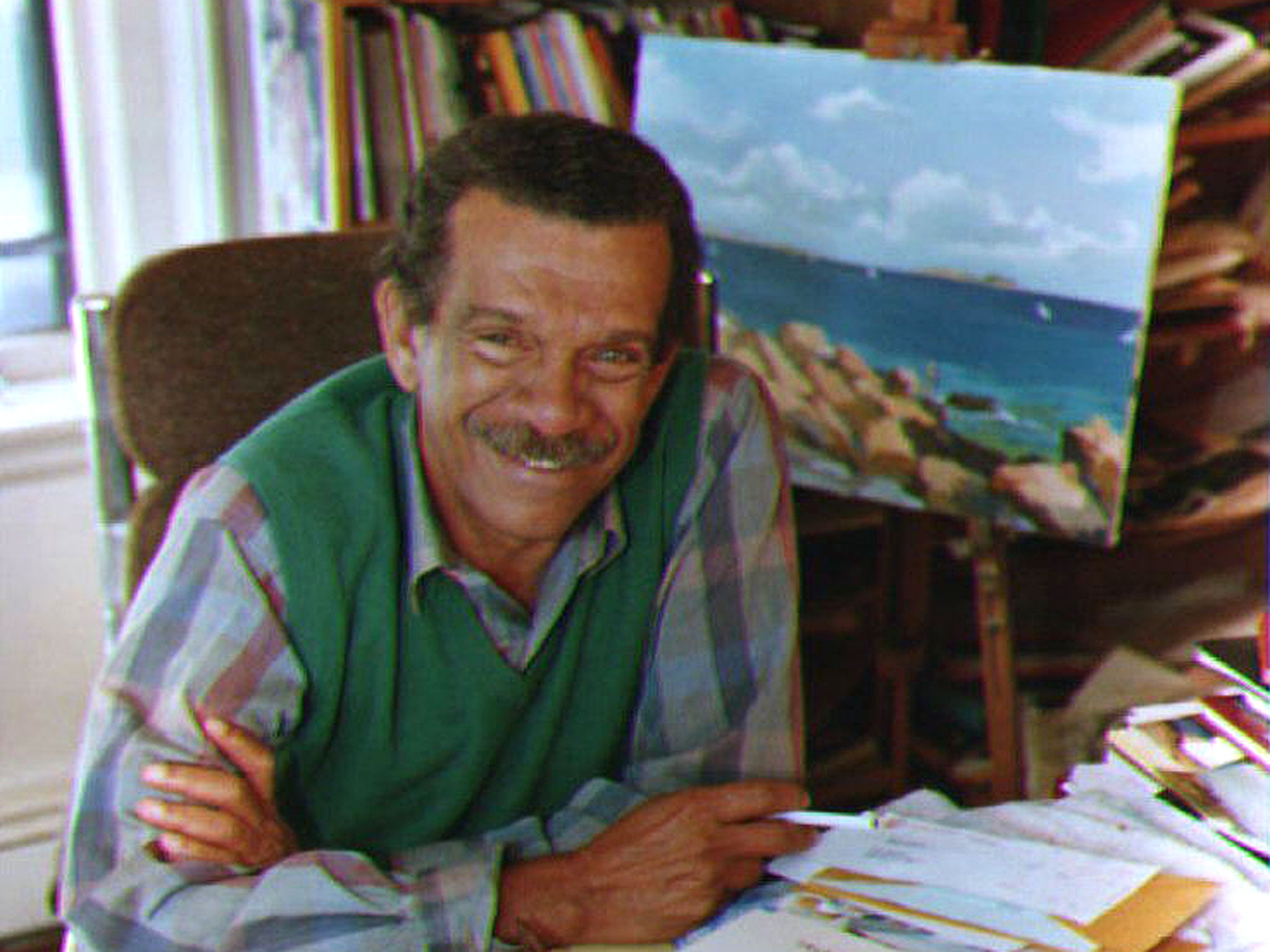Book of a lifetime: Collected Poems by Derek Walcott
From The Independent archive: Andrea Stuart finds a writer who conveys the beauty and complexity of the Caribbean with a lyricism and intensity no other poet has matched

In 1976, when I was 14, my family migrated to Britain from the Caribbean. We had landed in a cauldron of bitter rhetoric about race and immigration. Unemployment was rising, and a vociferous minority demanded that “coloured” migrants be sent home. The National Front was thriving. Every time we commuted into the capital, we had to pass the graffitied slogan “Stop coloured immigration” on an embankment just before we pulled into Wimbledon station. It remained there for several years, an enduring reminder of how unwelcome we were in this new land.
Disorientated, lonely and not a little bit frightened, I retreated into the world of books. Always an avid reader, I became carnivorous, obsessive even, about the written word. Like that classic children’s character, the Hungry Caterpillar, my craving could not be assuaged. I devoured Fyodor Dostoevsky. I chomped my way through Alexander Pushkin and every mystery of Agatha Christie that I could lay my hands on. Then, rifling through my parents’ bookshelves, I found a collection of the poems of Derek Walcott. I was perhaps too young to appreciate the subtlety and power of this extraordinary poet, but what I did know was that his work gave me a way to go home.
As I grew older and became more knowledgeable about the remarkable archipelago where I was born, I realised that no one represented its beauty and complexity better than Walcott. One of the first generation of West Indian writers who were able to name their own experience, his work provides a riposte to the derisive reports of four centuries of travel writers who characterised my birthplace as uncultured, unsavoury and irrelevant. And while Walcott revels in the beauty of these island jewels, depicting them with lyricism and intensity that no other poet has matched, he also probes beneath the pretty postcards that the islanders use to seduce northern tourists.
Walcott knows that we are a melange of Asia and Africa and Europe, of the old world and the new, and that our history is more than a narrative of slavery, shipwrecks and suffering. With painstaking sweat and love, he reassembles the fragments of our past into something beautiful, ineluctable.
Everything I need is in his Collected Poems. I dip into it whenever I feel in need of consolation, long to return to my roots, or just wish to remind myself of the peerless power of language. He is a shaman, revealing to us visions of a new new world, where we can watch the unfolding beauty of a culture in the process of defining itself.
Join our commenting forum
Join thought-provoking conversations, follow other Independent readers and see their replies
Comments
Bookmark popover
Removed from bookmarks